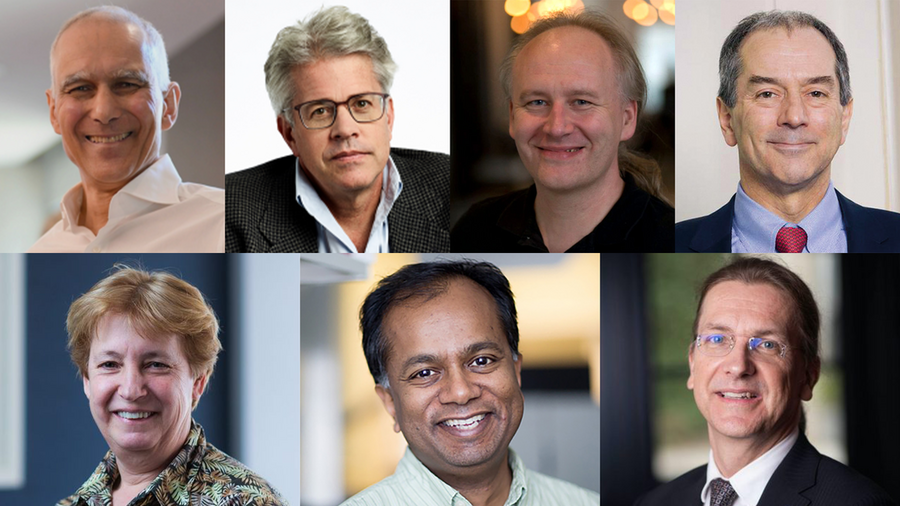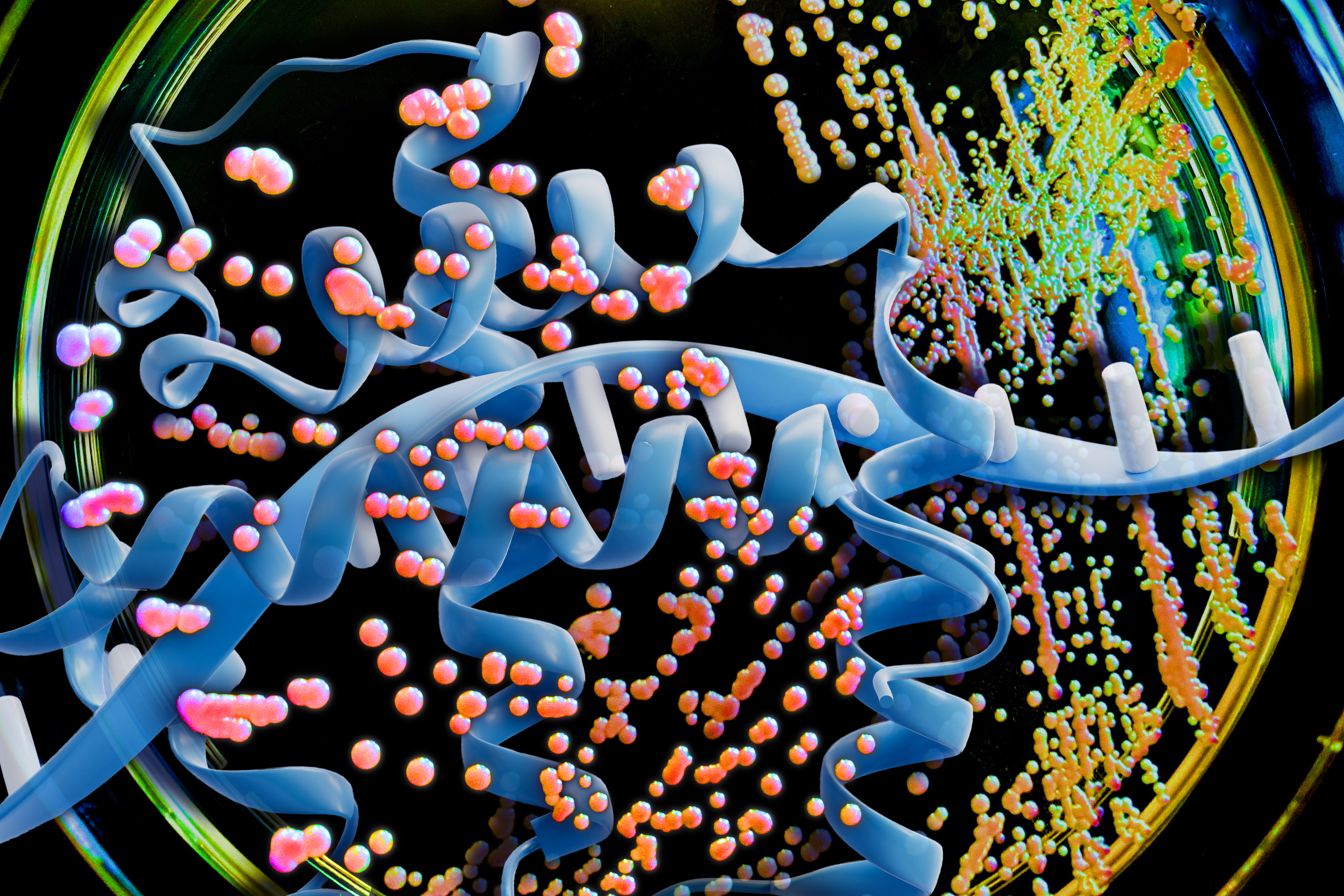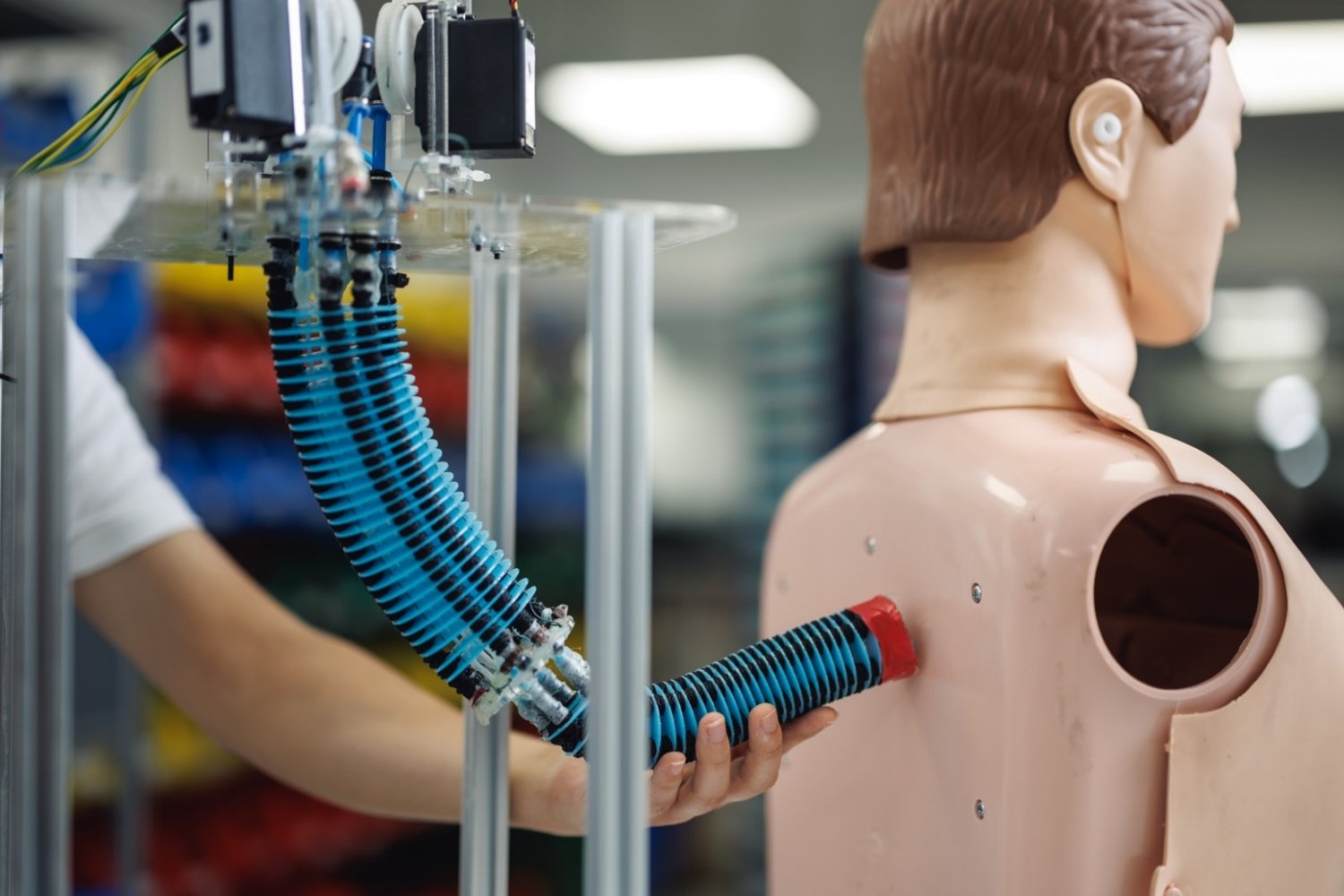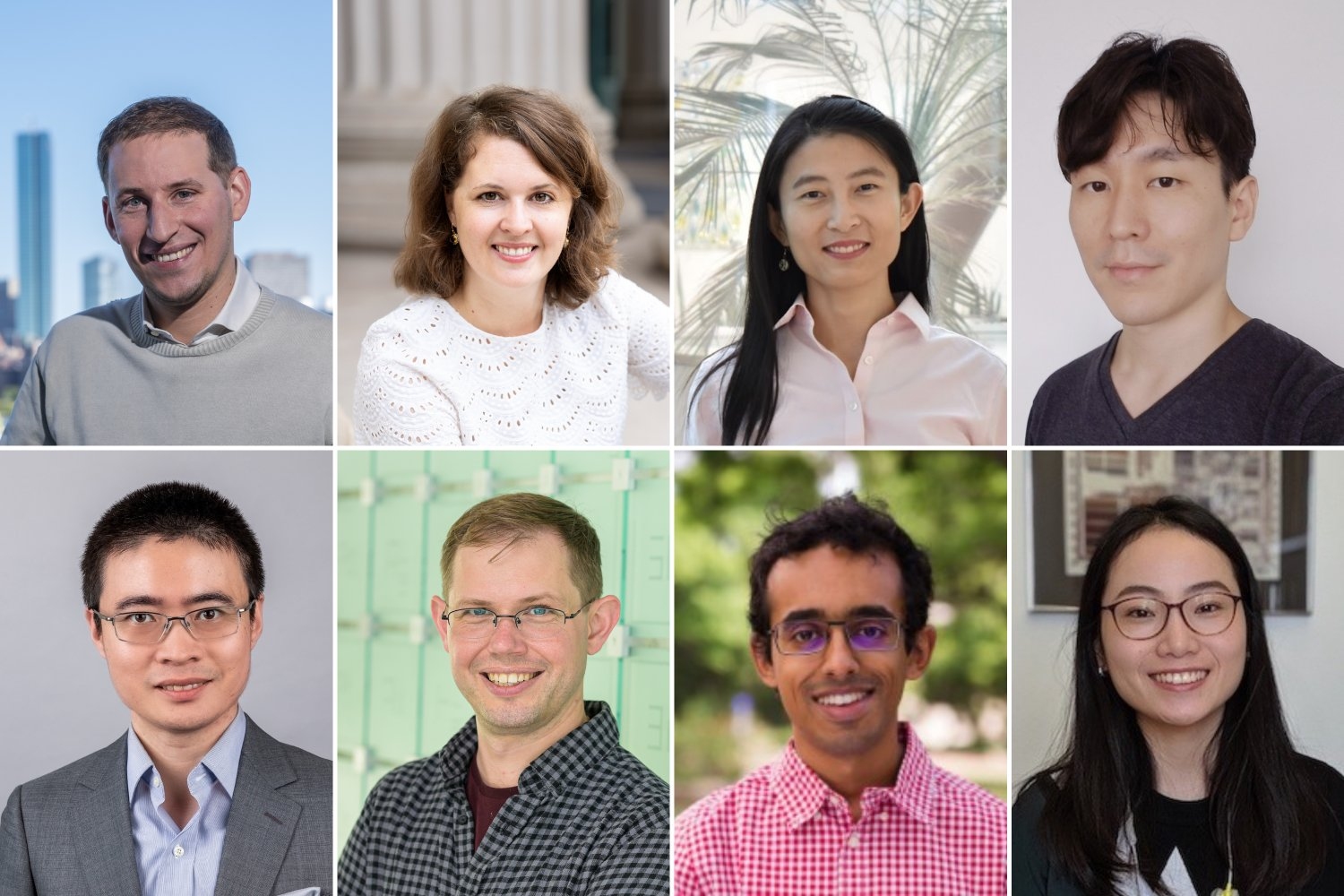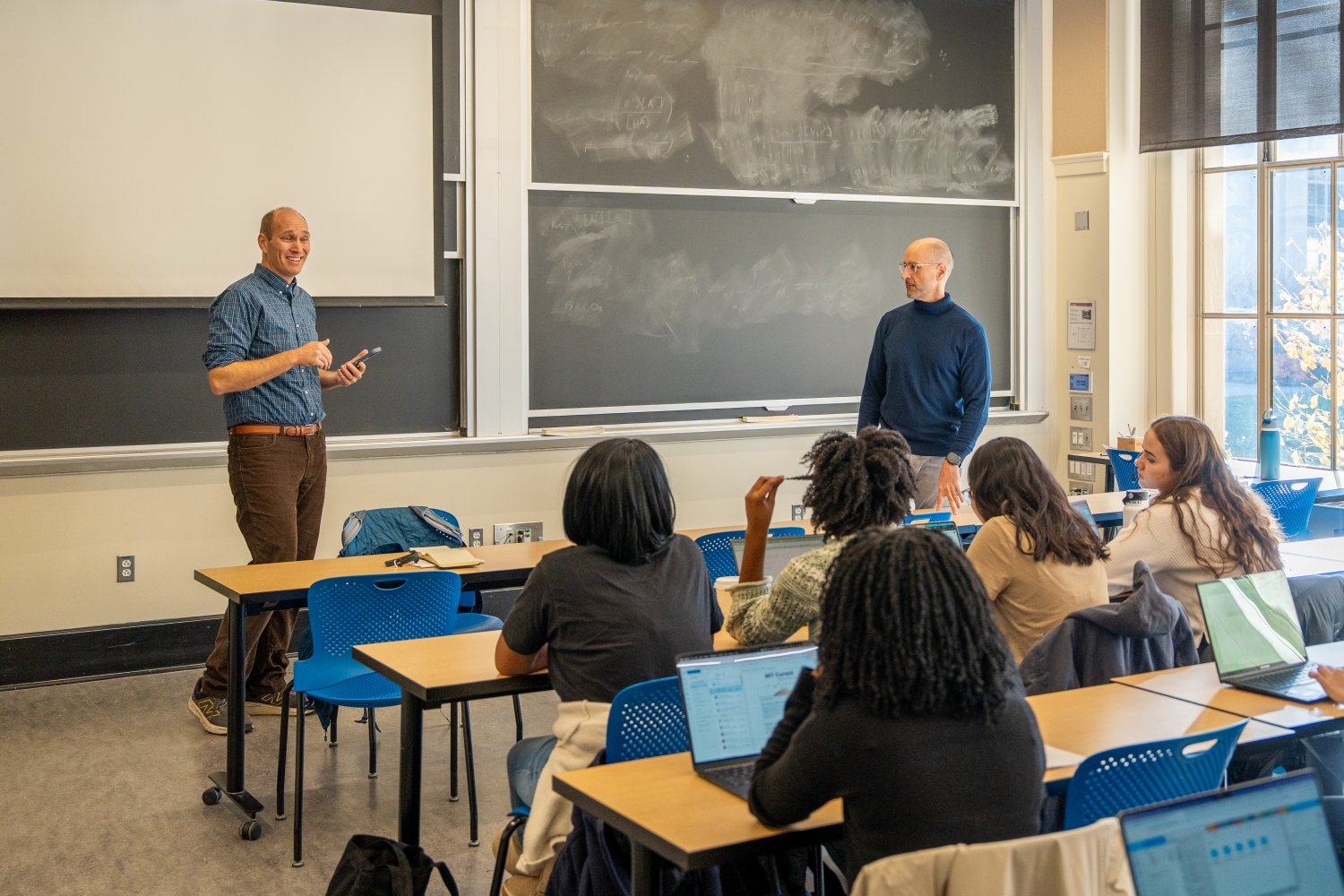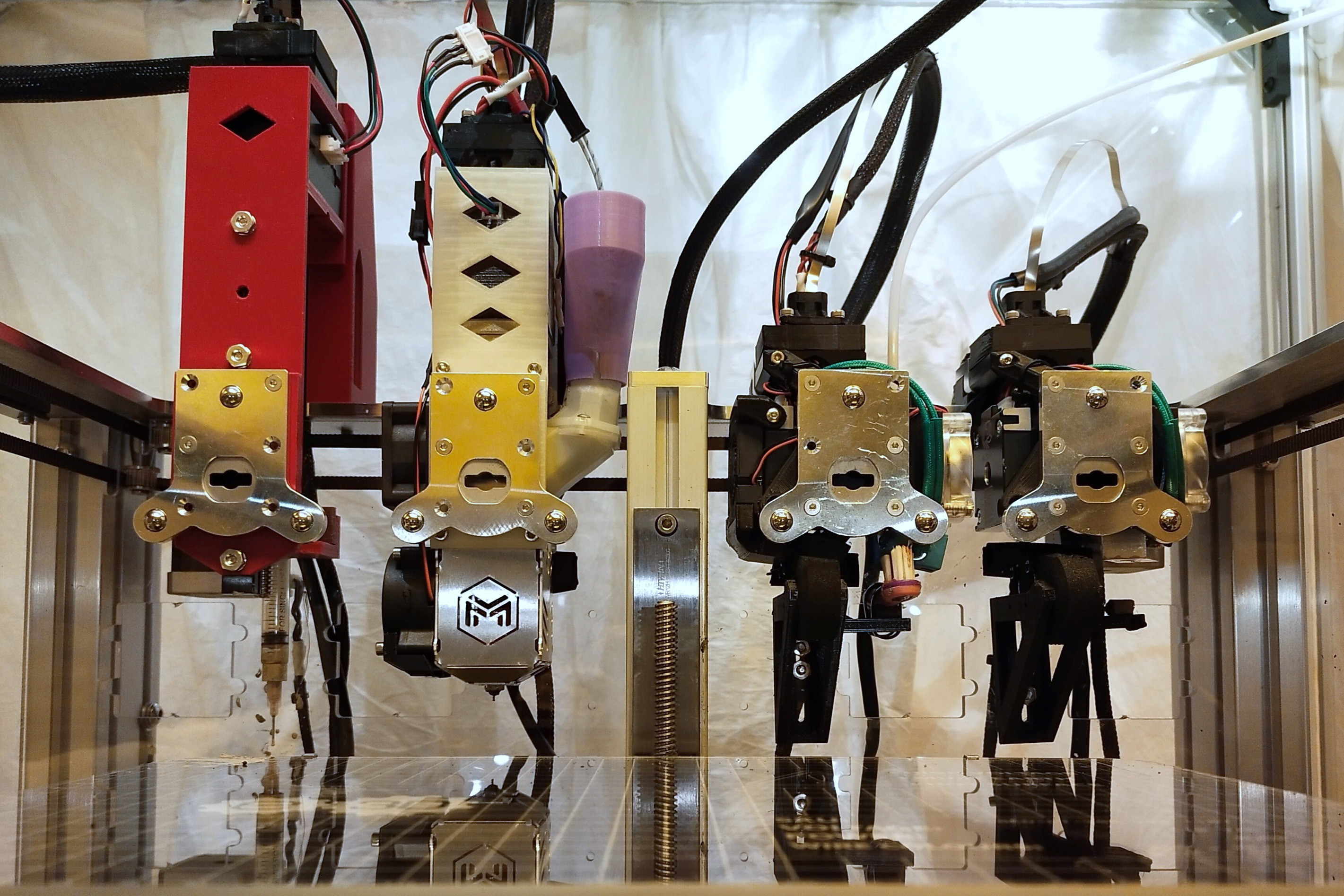Engineering News
-
Chip-processing method could assist cryptography schemes to keep data secure
-
MIT faculty, alumni named 2026 Sloan Research Fellows
-
A neural blueprint for human-like intelligence in soft robots
-
Parking-aware navigation system could prevent frustration and emissions
-
Bridging science and society in the emerging bioeconomy
-
MIT and SoE community members elected to the National Academy of Engineering for 2026
-
Personalization features can make LLMs more agreeable
-
3D-printing platform rapidly produces complex electric machines
-
MIT community members elected to the National Academy of Engineering for 2026


